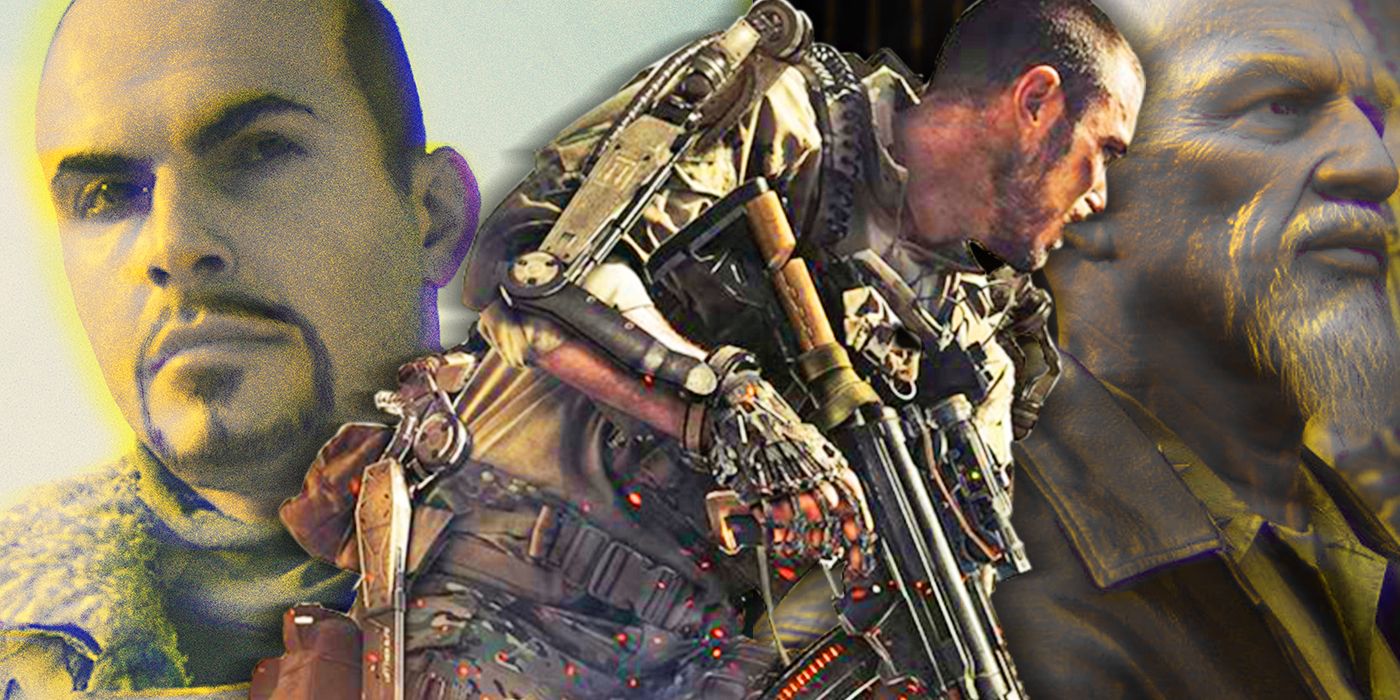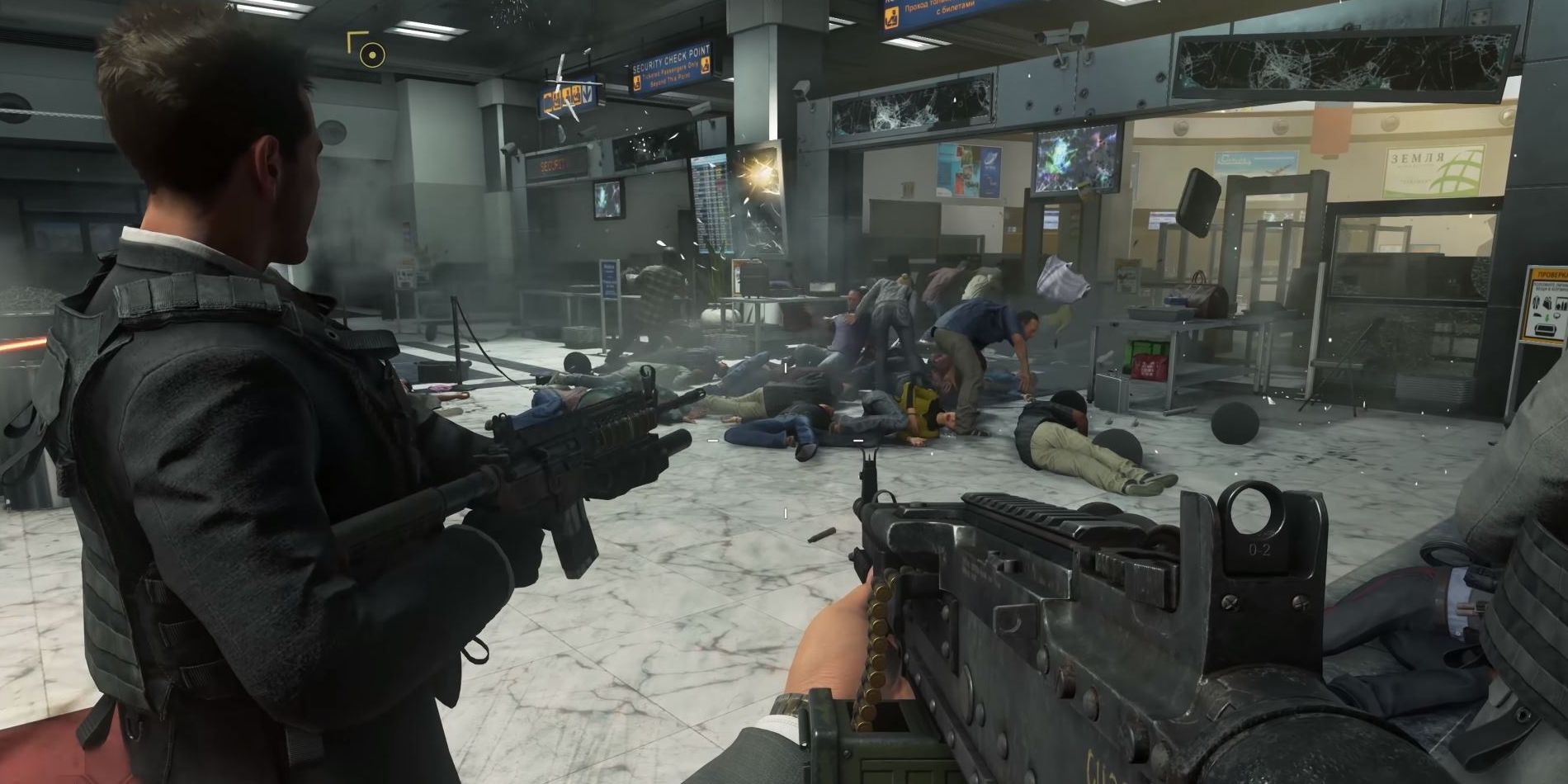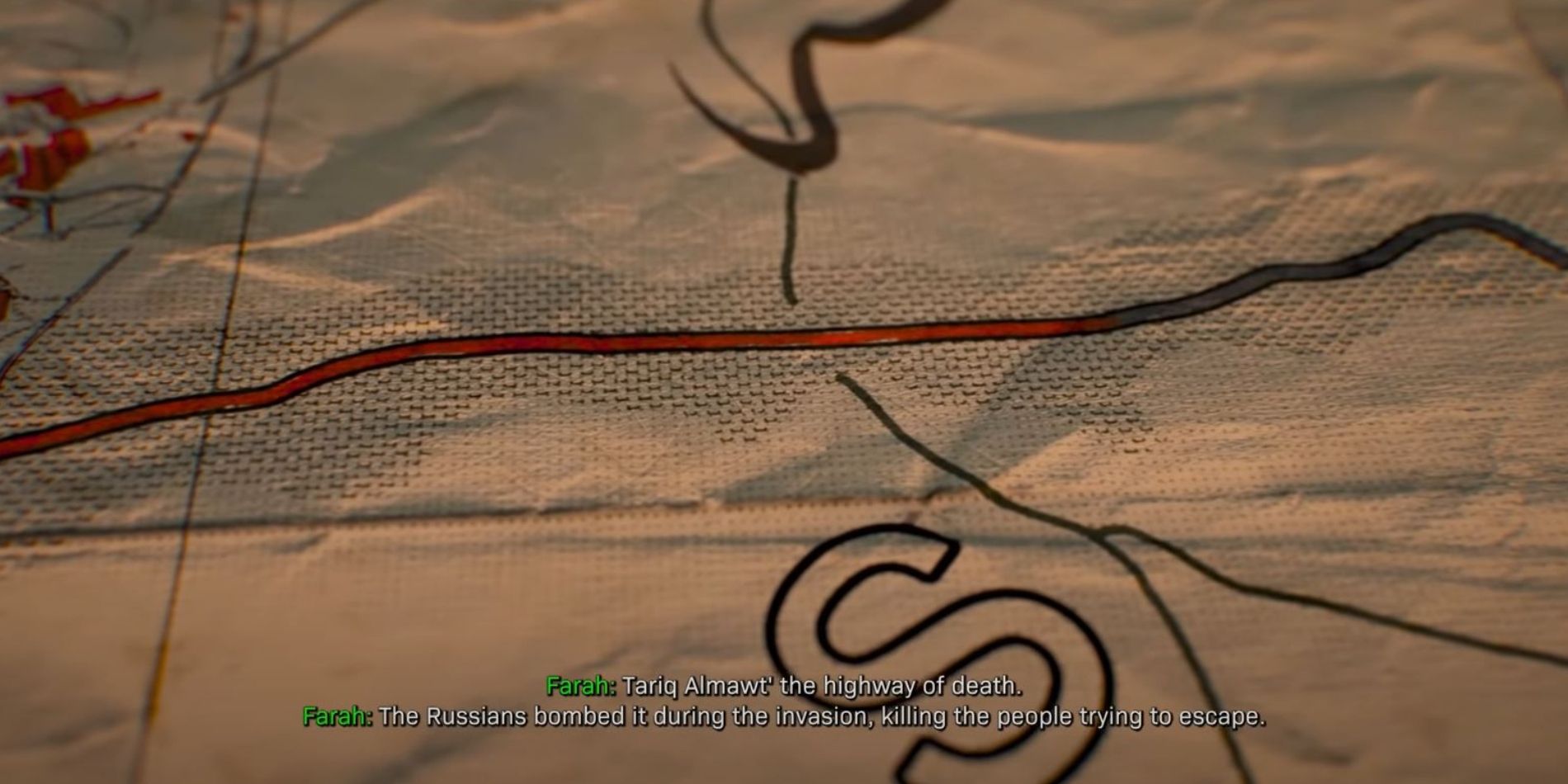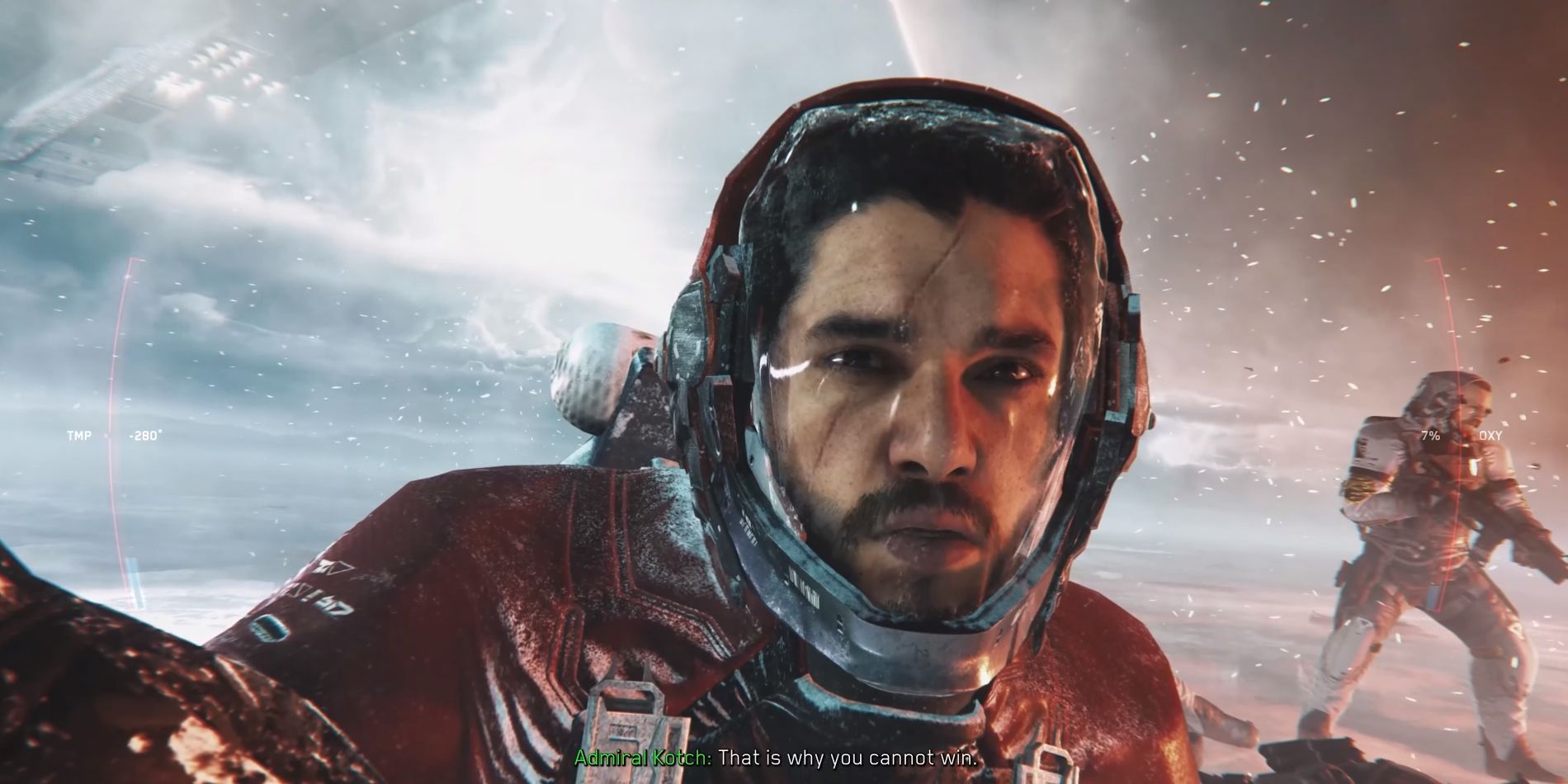
Call of Duty is constantly courting controversy. Over the last decade, the series has been criticized for its portrayals of ethnic groups, historical revisionism and depictions of internationally-regulated weapons. These are all very serious and politically-charged issues.
Despite this, developer Infinity Ward has a difficult relationship with politics. In 2019, they insisted that the latest Modern Warfare game was not political, despite its story taking inspiration from real-world conflicts. If the developers wish to avoid further uncomfortable debates, the solution is to take a leaf out of Infinite Warfare's playbook, and set the next installments further into the future.

This is not to say Call of Duty should be a Mass Effect-style space opera. That probably wouldn't work for the tone of the series. However, to avoid political controversy, the series' writing should simply avoid politically controversial elements. Infinite Warfare wasn't perfect, but fighting Kit Harington's Martian militia was so divorced from reality that no one could be offended by it.
By contrast, the rest of the series frequently flirts with divisive settings and content. Black Ops sent players on a mission to assassinate Fidel Castro. Modern Warfare 2's No Russian mission infamously gave players the opportunity to gun down civilians. London, a city that has suffered multiple terrorist attacks, has been repeatedly bombed throughout the series. With a history like this, it's understandable why some were unwilling to take Infinity Ward at its word.
Not all games need be overtly political. Franchises like TimeSplitters have nothing to say on the subject, but are still beloved to this day. The difference is that those games barely had a plot, and what they had was more parody than commentary. This can't be said for Call of Duty. There is nothing funny about the Highway of Death, although Russian gamers certainly regard its portrayal in Modern Warfare as a bad joke; given the real Highway was infamously demolished by an American-led coalition. This led to accusations of rewriting history, which Infinity Ward deflected by insisting the game's conflict was entirely fictional.

It wasn't just Russians that criticized Modern Warfare, however. American veterans have also had objections. Writing for IGN, former Marine John Phipps condemned using incendiary weapons as a killstreak reward, stating, "I don't believe something as legally and morally questionable as White Phosphorus is appropriate in the very specific way Infinity Ward is applying it here." Again, the developer deflected criticism.
Infinity Ward is clearly trying to have its cake and eat it, too; flooding their games with controversial concepts while insisting it's just fiction. To their credit some elements are, like Urzikstan and the Al-Qatala terrorists. However, there is too much in both Modern Warfare and its parent series that is uncomfortably close to reality. This means some players will infer political meanings even if the developers didn't put any there. If the stories were more obviously imaginary, however, that may well not happen.
That's not to imply that a science fiction setting would isolate the series from discourse. The genre does, after all, have a rich history of insightful dramas. However, it also has stories in which the heroes blow up techno-space villains without dispute. It may not be realistic but, if Call of Duty doesn't want to risk getting political, that might just be the level the franchise has to operate on.

Modern Warfare's writers insisted the game was just about "colonialism, and occupation, and independence," but these concepts do not exist in a vacuum. A war of independence, for example, implies the existence of a political body that people wish to be independent from. That will be as true in the future as it is in the present, but that future is unknown; giving writers the freedom to imagine what those ideas mean to its inhabitants. The fact that Call of Duty is already prepared to make up nations proves the series is willing to deviate from reality when convenient, so all this location shift would do is take that idea to the next level.
From a commercial standpoint, it's understandable why Infinity Ward is hesitant to discuss politics. Call of Duty is one of the biggest names in entertainment. Being too vocal about any given ideology, especially in an increasingly divided world, could jeopardize that success. However, it's precisely because of this division that staying neutral is only going to get more difficult. If the writers aren't comfortable with that reality, perhaps it's time to start pulling out of the theater of Modern Warfare and start building a new one.
0 Comments